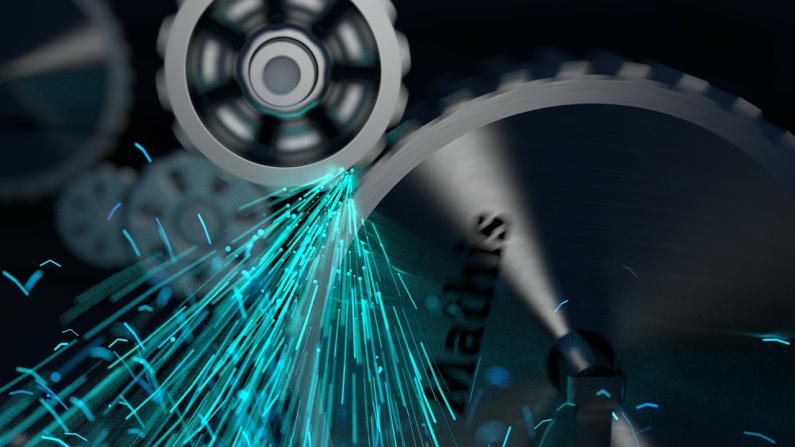
Translation errors result in plants failing and major financial losses.
The German Chamber of Industry and Commerce claims that exports grew by 6 per cent in 2013. The tapping of foreign markets is often prepared over many years, but apparent details are often overlooked or approached only too late. For instance, many companies fail to consider that translations are needed of their website, newsletters, emailings and their technical documentation of the relevant products. English alone will no longer suffice. Nowadays manufacturing companies are legally required, for instance, to provide operating instructions in the relevant national language. In the event of erroneous technical documentation, for instance due to translation mistakes, the manufacturer is liable in the event of damage. This can only be prevented by using specialist translators, which are also required for a successful expansion.
"Wrong or unclear wordings in manuals can result in damage to our plants or even the plant components of our customers," explains Hanspeter Selb, head of logistics and procurement at Abnox AG, a company that develops and makes products for lubricating, dosage and high-pressure technology.
With more than 87 per cent, the EU states are still the most popular target regions for foreign direct investment and thereby still ahead of Asia. Most companies are pressing ahead with developing new markets. The first step towards an internationalisation is mostly to establish branches for distribution and customer service. The lower production costs continue to be a reason for expanding abroad, even if this factor has lost significance in recent years. The effort is huge; everything needs to be planned right down to the final detail. The investment phase usually takes several years.
Entrepreneurs who have embarked on an expansion abroad state two requirements that must be fulfilled for a successful company increase: On the one hand, these are well-founded market knowledge, on the other hand a strong network on site. Language skills are crucial in particular for the latter, a fact that is frequently underestimated or not even considered at all. This is not only important for communicating with partners or relate solely to the translation of agreements. The technical documentation of the machines and plants must also be translated into the relevant national language. "An operating instruction in English is of little use to a Hungarian machine technician," explains Frédéric Ibanez, owner of the translation agency Alphatrad (Optilingua Group). The company specialises in the translation of technical documents into more than 100 languages. As mistakes or unclear wordings can be devastating, linguists working into their mother tongue are employed only who live in the relevant country and have at least five years of professional experience. Furthermore, Alphatrad cooperates with engineers, who can show additional training as a translator.
The manufacturer is liable in the event of translation mistakes
Selb knows from his own experience how important an absolutely error-free translation is. Abnox therefore has the technical documentation of its machines translated by specialists at Traducta (Optilingua Group) into nine languages. "Technical translations are a matter of existence for us, as we must provide operating instructions in the relevant national language under the legal framework conditions," explains Selb. If faults occur in the installation or operation of plants due to mistakes in the translation, the plant manufacturer is liable in the event of damage.
Specialists in highly complex subject area
To have a professional translator to hand for all technical areas, Alphatrad has more than 3,500 translators available around the world. Many of them are highly specialised, for instance in machine engineering, plant engineering, IT, electronics and fine mechanics. The clients of the agency include, amongst others, Siemens and Würth. Due to the varied orientation of the translation tasks, all tasks arising can be completed by one service provider. In addition to technical specification, the company's strengths include legal translation. Nevertheless, because legal documents are often worded in a very pedantic way, only specialist staff from the legal area can be used here.
To select a suitable employee for the relevant subject area, the company had it’s Alphasearch software developed. As such, the available translators best qualified for the task can be established in real time. New clients are offered free test translations from at least two different translators on request. This allows the client to chose the one whose style and writing meets his needs.
For the translation of catalogue and brochure texts as well as web pages, advertising proofreaders are additionally hired, who check the text with regards to general clarity and company-own standards. "In doing so, the adjustment to the cultural target market is the focus. This is the only way that advertising materials can be designed in a country-specific way," explains Ibanez. Ultimately that is what the company's success depends upon.
For more information, send us an email at info@alphatrad.co.uk
Add new comment